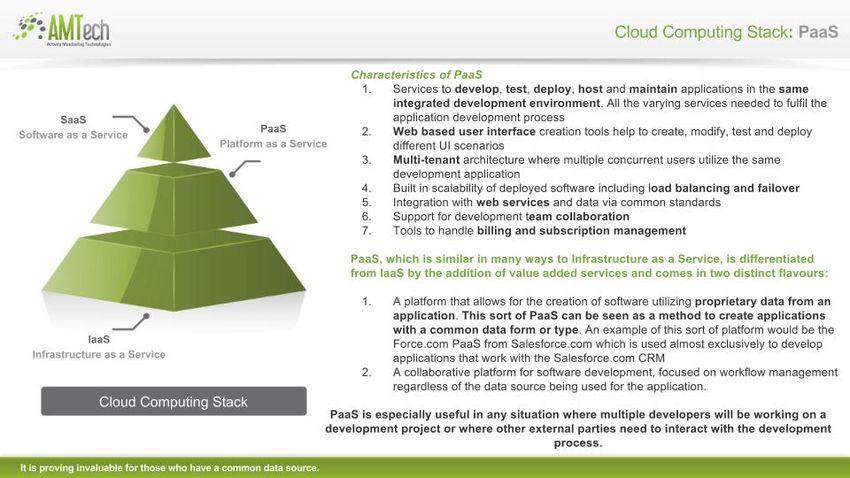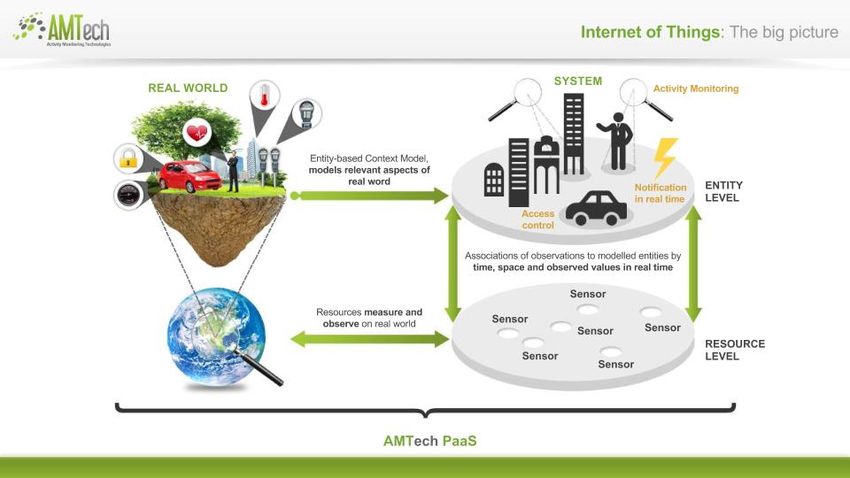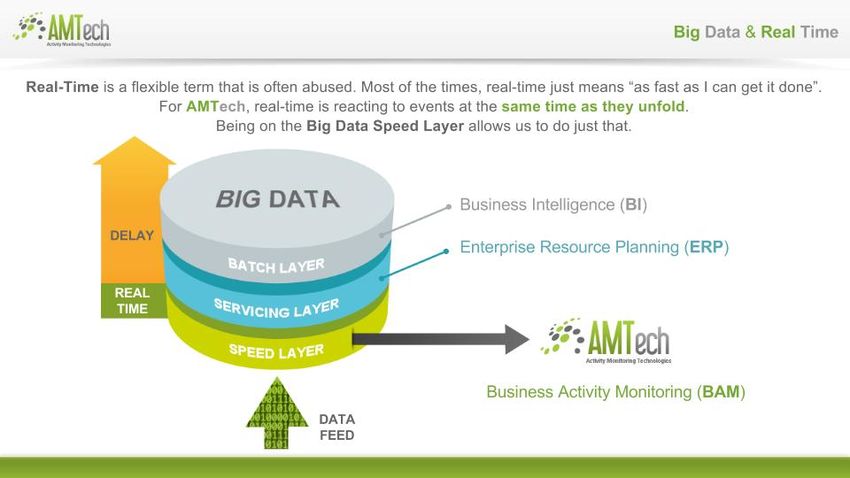Difference between revisions of "AMTech..."
(→IoT Core services) |
(→IoT Core services) |
||
| Line 65: | Line 65: | ||
==IoT Core services== | ==IoT Core services== | ||
; A service refers to a set of related software functionalities that can be reused for different purposes, together with the policies that should control its usage | ; A service refers to a set of related software functionalities that can be reused for different purposes, together with the policies that should control its usage | ||
| − | [[File:Ser-semantic.jpg|center| | + | [[File:Ser-semantic.jpg|center|thumbnail|IoT Resources Semantic (semantic)]] |
*Restful and NOSQL real-time views; for querying and managing resources semantic; structured according to the RDF and represented leveraging linked data and Json-ld. | *Restful and NOSQL real-time views; for querying and managing resources semantic; structured according to the RDF and represented leveraging linked data and Json-ld. | ||
**Supports resources types version control with publication policies | **Supports resources types version control with publication policies | ||
Revision as of 13:07, 2 May 2016
PaaS
Platform as a Service (PaaS) brings the benefits that SaaS bought for applications, but over to the software development world. PaaS can be defined as a computing platform that allows the creation of web applications quickly and easily and without the complexity of buying and maintaining the software and infrastructure underneath it. PaaS is analogous to SaaS except that, rather than being software delivered over the web, it is a platform for the creation of software, delivered over the web.
Thing
A Thing is a physical object or even a piece of data, with a unique identifier and a group of properties like: location, temperature, speed, acceleration, altitude, weight, volume, pressure, value or any other variable that can be measured
IoT
The Internet of Things (IoT) is the network of physical objects (things) with unique identifiers and the ability to communicate and sense, as well as interact with their internal states and/or the external environment, without requiring human-to-human or human-to-computer interaction, by leveraging the Internet.
Edge
the edge could be the devices themselves, an on-premise gateway connecting a group of devices, or even a machine in the cloud. The right flavor will be dictated by the use cases, but in every situation there will be value in distributing intelligence to the edge
- Greater Responsiveness
- Lower Total Cost of Ownership
- Scalability
- Device Interoperability
Big Data & Real time
The Challenge
IT encompasses a set of technologies, concepts and software stacks in order to use it to solve a problem in real time
Access control from the edge to the cloud
- Things, Data and Commands (See Resources)
- Configurable (Actors)
- Business rules
- Actions
- Integration with tenants and existing systems.
Devices (M2M)
- Devices Protocols
- Communication Protocols
- Centralized management
- Edge intelligence
- Monitoring
Cloud based & multitenant
- elastic
- scalable
Reasoning in real time
Extensible API
- Things type, Observations type and Commands
- Observation enrichment
- Placeholders
- M2M Bridge
Location Systems
- GIS
- Proximity area
- Positioning systems
Acting in real time
Applications evolution
Reference data
Example of what developers think Stay of IoT
IoT Core services
- A service refers to a set of related software functionalities that can be reused for different purposes, together with the policies that should control its usage
- Restful and NOSQL real-time views; for querying and managing resources semantic; structured according to the RDF and represented leveraging linked data and Json-ld.
- Supports resources types version control with publication policies
- Restful and NOSQL real-time view for querying and managing resources instances; structured according to the RDF and represented leveraging linked data and Json-ld.
- Support instances enrichment, allowing insert new properties and values after semantic been extended.




